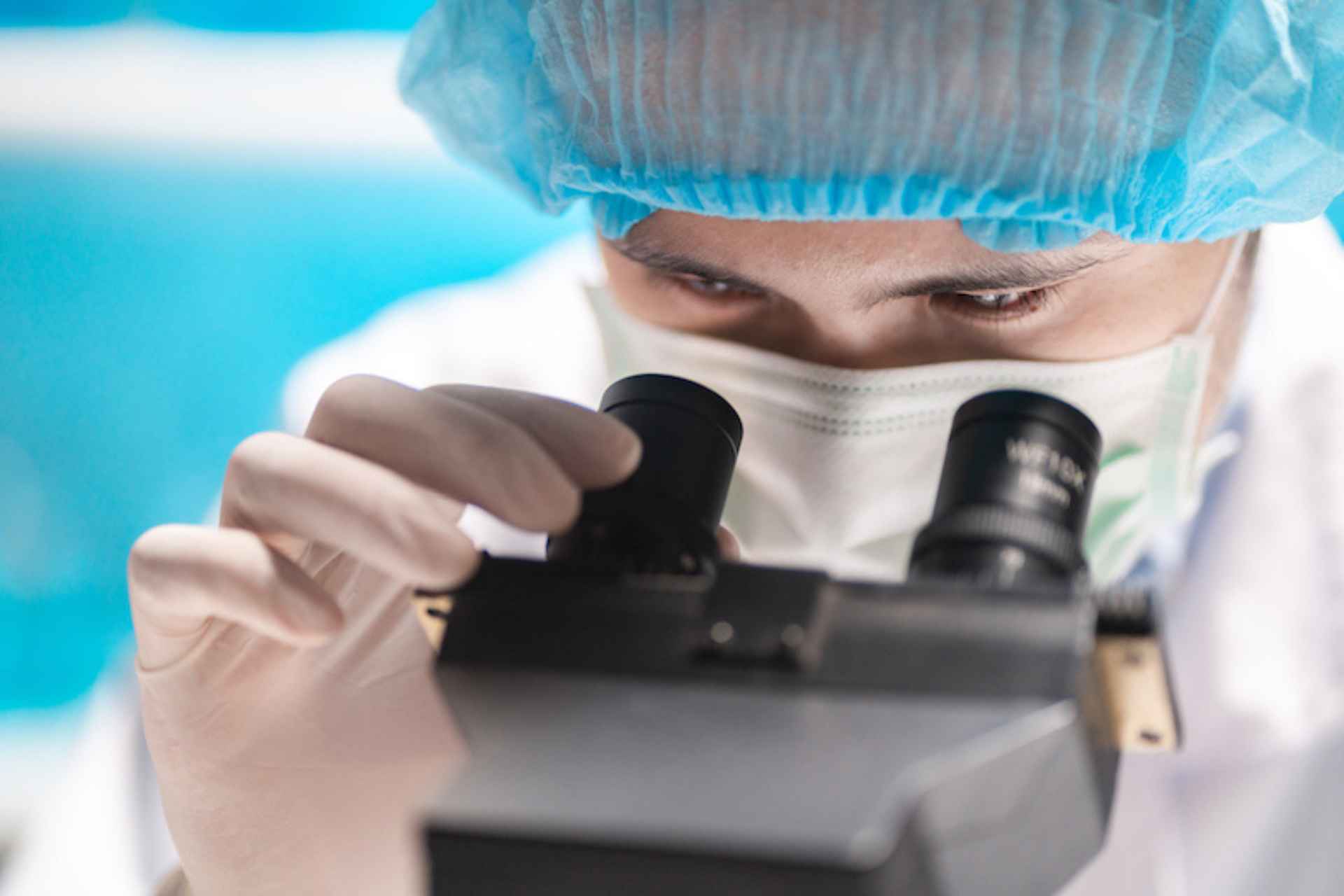Vedanta Biosciences, a clinical-stage company that is developing a potential new category of oral therapies based on defined bacterial consortia, today announced that the first patient in the Phase 2 COLLECTiVE202 clinical study of VE202 was dosed.
Vedanta also announced that the U.S. Food and Drug Administration (FDA) granted Fast Track designation to Vedanta’s defined bacterial consortium candidate, VE202, for the treatment of ulcerative colitis (UC).
Fast Track designation is a process designed to facilitate the development and expedite the review of drugs that treat serious conditions and fill an unmet medical need.
“Despite the fact that up to half of all patients with inflammatory bowel disease may be in remission at any given time, long-term follow-up data demonstrate that most will relapse at some point. Although new therapies for ulcerative colitis are efficacious for many, they are often accompanied by potential safety concerns, including risk of infection,” said Jeffrey Silber, M.D., Chief Medical Officer of Vedanta Biosciences. “We are pleased that the FDA has granted Fast Track designation for VE202. We believe this candidate could offer patients with ulcerative colitis an alternative approach to treatment, with a favorable safety profile. We look forward to advancing this program as we work to address an important unmet medical need.”
In a Phase 1 study in healthy volunteers, VE202 strains colonized robustly and durably following vancomycin pretreatment, in both a dose- and duration-dependent manner. In addition, VE202 accelerated the conversion of primary bile acids to immunomodulating secondary bile acids that protect against intestinal inflammation compared to placebo. VE202 was also well tolerated, with no treatment-related serious adverse effects.
COLLECTiVE202 is a double-blind, placebo-controlled, randomized clinical trial that is being conducted at sites in the United States and Europe. The study is enrolling 100 patients with mild-to-moderate UC between the ages of 18 and 75 years. Either VE202 or placebo is added to background therapy and Vedanta will assess two different regimens, enabling all study participants to have an opportunity to receive VE202. Primary endpoints are safety and endoscopic response; secondary endpoints include clinical response and remission, along with additional endoscopic, histologic, colonization, inflammatory and immune biomarkers, and quality-of-life measures.
About VE202
VE202 is a first-in-class, orally administered, investigational live biotherapeutic product (LBP) consortium consisting of 16 strains of bacteria, which were rationally selected to induce immune tolerance in the gut, reverse the gut microbiota abnormalities that are common in patients with inflammatory bowel disease (IBD), and strengthen the epithelial barrier. Results describing the biology and candidate selection of VE202 were previously published in Science and Nature (multiple). VE202 was granted Fast Track designation in 2023 by the U.S. Food and Drug Administration (FDA) for the treatment of UC.
About Vedanta Biosciences
Vedanta Biosciences is leading the development of a potential new category of oral therapies based on defined consortia of bacteria isolated from the human microbiome and grown from pure clonal cell banks. The company’s pipeline includes clinical-stage product candidates being evaluated for the prevention of recurrent C. difficile infection and inflammatory bowel diseases and a preclinical candidate for the prevention of Gram-negative infections. In addition, the company supports investigator-sponsored studies in various diseases. These investigational therapies are grounded in our team’s pioneering research – published in leading journals including Science, Nature, Cell, and JAMA – to identify beneficial bacteria that live symbiotically within the healthy human gut, fight pathogens, and induce a range of potent immune responses. Vedanta Biosciences controls a foundational portfolio of more than 70 patents and has built what it believes is the industry-leading platform for development of defined bacterial consortia drugs. This platform includes one of the largest libraries of bacteria derived from the human microbiome, vast datasets from human interventional studies, proprietary capabilities in consortium design, and end-to-end capabilities for CGMP-compliant manufacturing of oral drug candidates spanning cell banking, fermentation, lyophilization, and fill finish.









